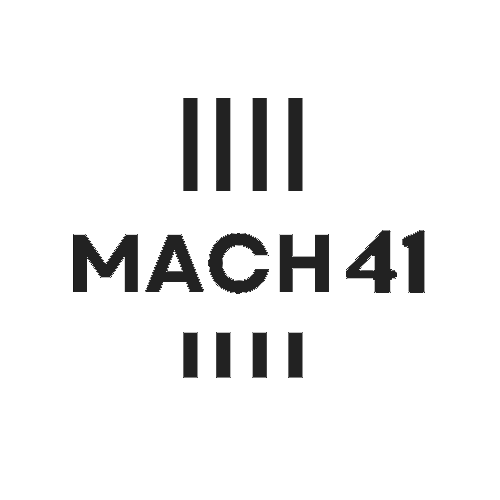Introduction
Serialization is a fundamental aspect of Hazelcast that directly impacts the performance, scalability, and efficiency of your distributed applications. Hazelcast supports multiple serialization mechanisms, each tailored to different use cases.
This article explores these options and provides guidance on selecting the best serialization strategy for your needs.
1. Java Serialization
Java serialization is the default mechanism, but it is generally discouraged for performance-critical applications. It is:
- Slow: Java serialization involves reflective operations, which introduce significant overhead.
- Resource-Intensive: Serialized objects are typically large, consuming more network bandwidth and memory.
Use Java serialization only if you are dealing with legacy systems where changing the serialization mechanism is infeasible.
2. Hazelcast built in mechanism : IdentifiedDataSerializable
IdentifiedDataSerializable is a lightweight and highly performant serialization mechanism in Hazelcast. Key features include:
- Minimal Overhead: Requires explicit implementation of read and write methods, avoiding reflective calls.
- Custom Serialization Logic: Developers control how data is serialized and deserialized, enabling fine-grained optimization.
It is ideal for applications where performance is a priority and custom serialization logic is manageable.
3. Portable Serialization
Portable serialization is a versatile option that supports object versioning and cross-language compatibility. Advantages include:
- Schema Evolution: Allows adding or removing fields without breaking compatibility.
- Cross-Language Support: Enables interoperability between Hazelcast clients written in different programming languages.
- Efficient Querying: Portable objects can be queried directly without deserialization.
Use portable serialization for applications requiring schema evolution or multi-language suppor
4. Custom Serialization
Hazelcast allows developers to define custom serialization mechanisms by implementing the StreamSerializer interface. Benefits include:
- Complete Control: Tailor serialization logic to application-specific requirements.
- High Performance: Optimize for specific object types and serialization scenarios.
Custom serialization is recommended for advanced use cases where none of the built-in options are sufficient.
5. JSON Serialization
For applications that prioritize interoperability and readability, Hazelcast supports JSON serialization. Benefits include:
- Human-Readable Format: Easy to debug and inspect serialized data.
- Language-Agnostic: JSON is supported across virtually all programming environments.
However, JSON serialization is less efficient and should be used judiciously in performance-critical applications.
6. Best Practices for Serialization
- Minimize Object Size: Reduce the size of serialized objects to lower memory usage and network overhead.
- Avoid Java Serialization: Use optimized options like
IdentifiedDataSerializableorPortablefor better performance. - Profile and Benchmark: Test different serialization mechanisms in your environment to determine the best fit.
- Use Compact Serialization (New): Hazelcast’s compact serialization is a recent addition that combines efficiency with schema evolution.
Final Thoughts
In summary, Choosing the right serialization mechanism is critical for achieving optimal performance in Hazelcast-based applications. While IdentifiedDataSerializable and Portable are excellent choices for most scenarios, custom serialization offers unparalleled flexibility.
Evaluate your application requirements, prioritize performance and compatibility, and select the serialization approach that best meets your needs.
Connect with us at info@mach41.com for insights on the topics discussed in this article or to explore reviews, consulting, and solutioning services for Hazelcast and other DataGrid solutions.
